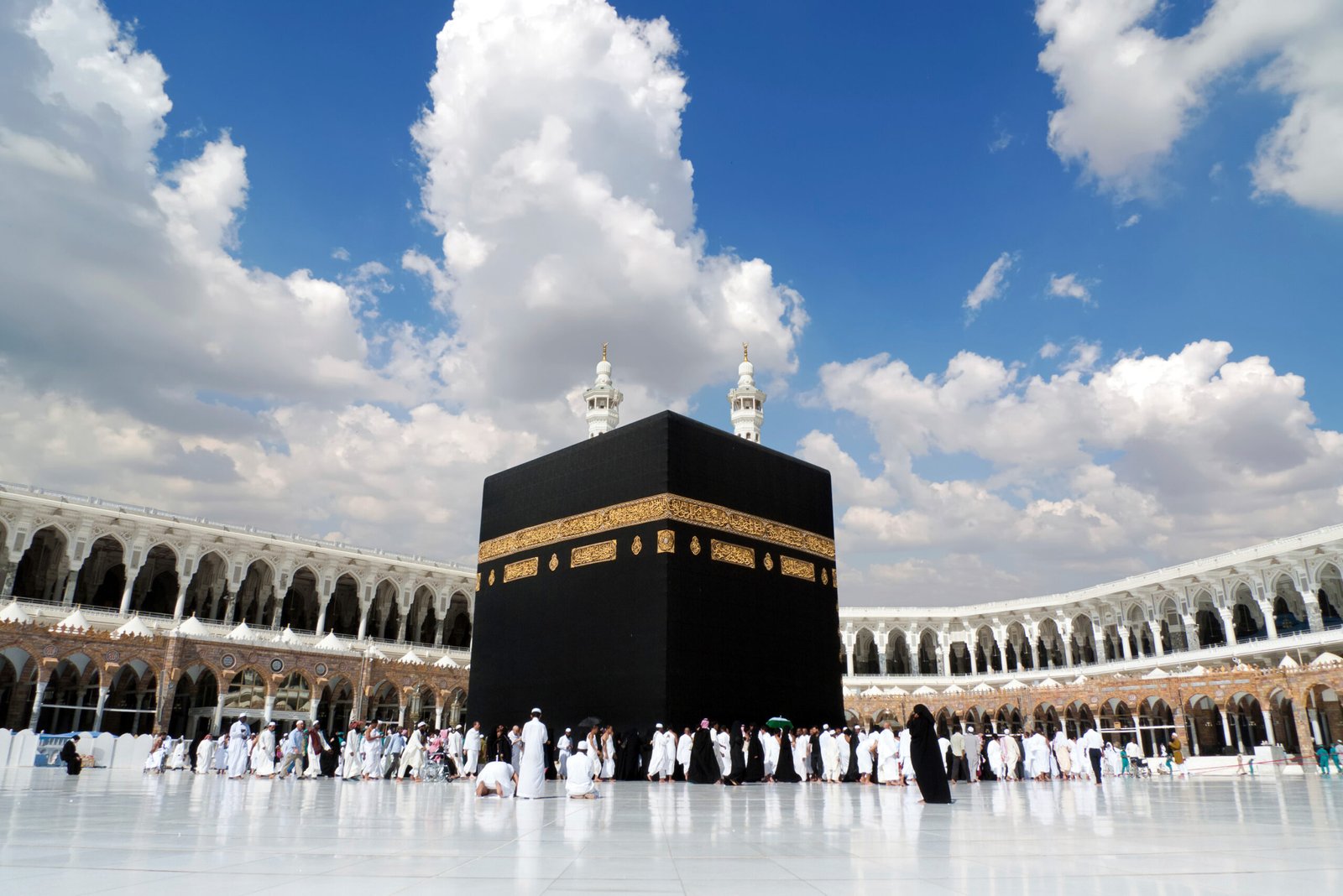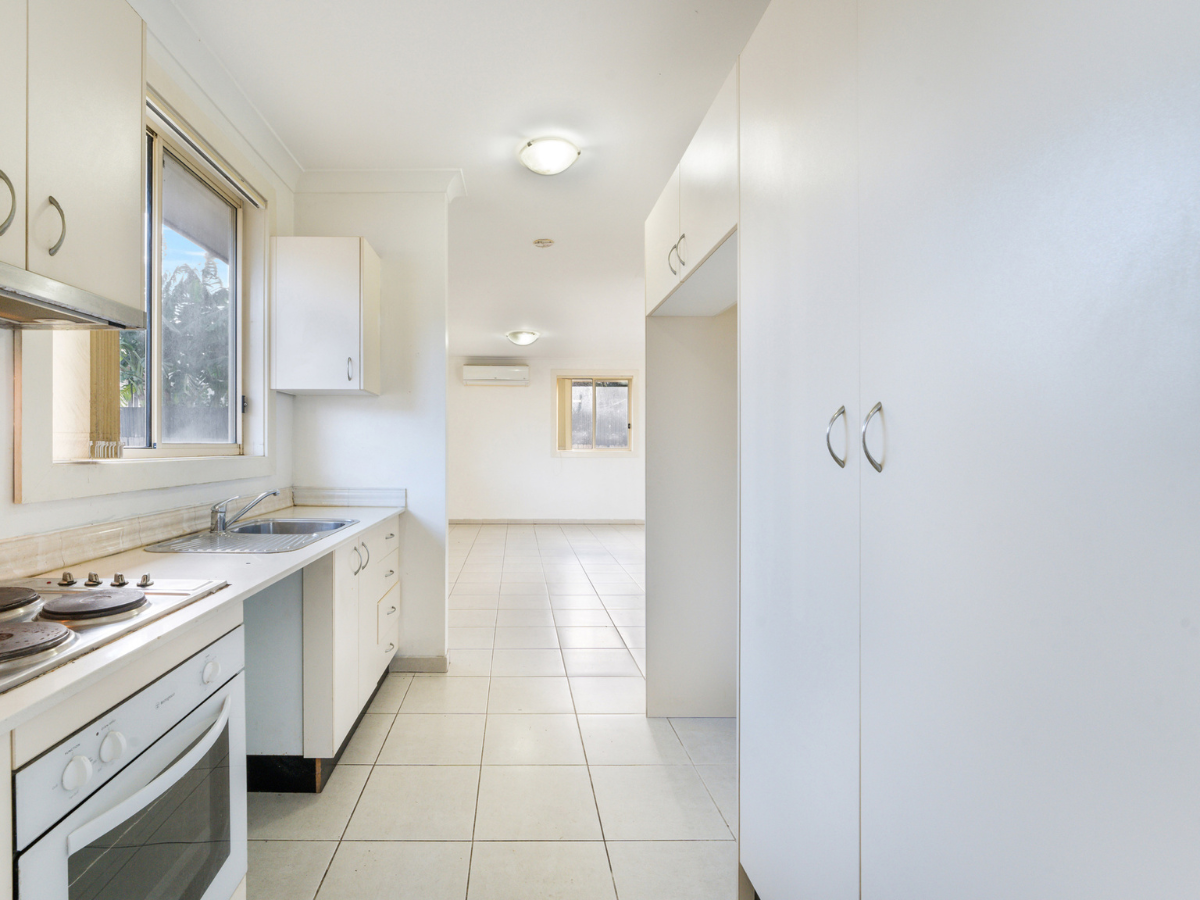Planning your first Umrah can feel overwhelming. Between choosing the right time to travel, sorting out visas, and finding accommodation near the Haram, there’s quite a bit to think about. But don’t worry—thousands of British Muslims make this blessed journey every year, and with proper preparation, your experience can be smooth and spiritually fulfilling.
Understanding What Umrah Actually Involves
Umrah is often described as the ‘lesser pilgrimage’, though there’s nothing lesser about its spiritual significance. Unlike Hajj, which must be performed during specific dates, Umrah can be undertaken at any time of the year. This flexibility is precisely why many UK Muslims prefer it as their first journey to the Holy Cities.
The rituals themselves are straightforward. You’ll enter into Ihram before reaching the Miqat, perform Tawaf around the Kaaba, complete Sa’i between Safa and Marwah, and have your hair trimmed or shaved. The entire process can be completed in a few hours, though most pilgrims spend several days in Makkah and Madinah to maximise their spiritual experience.
Timing Your Journey Wisely
The time of year you choose will significantly impact both your experience and your budget. Ramadan is considered the most blessed time for Umrah, with rewards multiplied many times over. However, it’s also the busiest and most expensive period. Hotels near the Haram can cost three times their usual rates, and the crowds can be quite intense, especially during the last ten nights.
School holidays present another consideration for British families. Easter, summer, and Christmas breaks see increased demand from the UK market, which pushes prices up accordingly. If you’re flexible with dates and don’t have children to worry about, travelling during term time can save you considerable money whilst offering a calmer experience.
Winter months outside of school holidays are often recommended for first-timers. The weather is cooler, prices are more reasonable, and you’ll find it easier to perform your rituals without overwhelming crowds. That said, every season has its own charm, and the spiritual rewards remain constant regardless of when you go.
Visa Requirements and Documentation
Saudi Arabia has made the visa process considerably easier in recent years. British passport holders can now apply online through authorised agents rather than visiting embassies. Your passport needs at least six months’ validity from your intended return date—this is strictly enforced.
Women under 45 were previously required to travel with a mahram (male guardian), but these rules have been relaxed. Women can now travel in groups without a mahram, though policies do change, so it’s worth checking current requirements when booking.
Vaccination certificates are sometimes required depending on global health situations. Meningitis vaccination has been mandatory in recent years, and additional requirements may be introduced. Your travel agent should guide you through these requirements, but it’s wise to stay informed yourself.
Choosing the Right Package
This is where many pilgrims struggle. The market is flooded with options, from budget-friendly group packages to luxury individual arrangements. Cheap Umrah packages can be excellent value, but you need to understand exactly what’s included.
Distance from the Haram matters tremendously. A hotel that’s described as ‘close’ might still require a 20-minute walk each way. For elderly parents or those with mobility issues, paying extra for closer accommodation is money well spent. After performing Tawaf in crowded conditions, you’ll appreciate a short journey back to your room.
Star ratings in Saudi Arabia don’t always match British expectations. A three-star hotel there might feel more like a two-star by UK standards. Read recent reviews from British pilgrims specifically—they’ll give you realistic expectations about room sizes, cleanliness, and facilities.
What’s Usually Included
Most Umrah packages cover your flights, accommodation, and visa processing. Breakfast is typically included, though other meals usually aren’t. Transport between Makkah and Madinah is standard, along with airport transfers.
What often catches people out are the extras. Ziyarat tours to historical sites cost extra. Travel insurance isn’t always included. Some packages charge additional fees for checked baggage. Laundry services, room service, and even prayer mats sometimes come at extra cost. Always read the fine print carefully.
Group packages often include guided orientations and group coordination, which can be invaluable for first-timers. You’ll have someone to call if problems arise, and travelling with fellow British Muslims provides a built-in support network. Independent packages offer more flexibility but require you to be more self-sufficient.
Vetting Your Travel Agent
Not all Umrah operators are created equal. Some have been serving the British Muslim community for decades with impeccable reputations. Others are newer to the market and may lack experience dealing with the inevitable hiccups that occur.
Check if your agent is ATOL protected. This financial protection means you won’t lose your money if the company collapses—something that has happened to several Umrah operators over the years. Look for membership in trade bodies like the Association of British Travel Agents.
Reviews matter, but read them critically. Recent reviews are more valuable than old ones, as hotel standards and service levels change. Look for patterns in complaints rather than isolated incidents. If multiple reviews mention the same problem, take it seriously.
Financial Considerations
Beyond the package cost itself, budget for spending money. You’ll want to purchase dates, Zamzam water, prayer items, and gifts for family back home. The shopping areas around the Haram can be tempting, and it’s easy to overspend.
Many best Umrah packages offer payment plans, allowing you to spread the cost over several months. This makes the journey more accessible, though you’ll want to ensure everything is fully paid well before departure. Some agents require final payment 60 days before travel.
Exchange rates fluctuate, and the Saudi Riyal is your currency of concern. Most establishments accept card payments, but having some cash is sensible for smaller purchases and donations. Notify your bank before travelling to prevent your cards being blocked for suspicious activity.
Preparing Physically and Spiritually
Umrah involves considerable walking. The distance between Safa and Marwah alone is about 450 metres—performed seven times. If you’re not regularly active, start a walking routine several weeks before departure. Your feet and knees will thank you.
Spiritually, many scholars recommend increasing your acts of worship in the weeks leading up to Umrah. Learn the proper duas for each ritual. Understanding what you’re saying and why transforms the experience from mere physical acts into profound spiritual moments. Numerous apps and booklets available in English can help with this preparation.
Your Umrah journey represents one of the most significant spiritual undertakings you’ll ever make. Proper planning ensures you can focus on worship rather than logistics, making your time in the Holy Cities truly transformative.




Leave a Reply